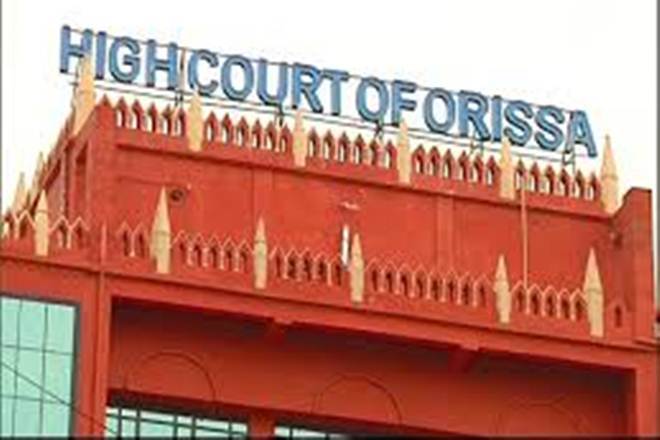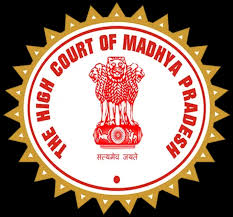J.N. Sharma, J.@mdashThis Revision Application has been filed against the judgment dated 5.4.88 passed by Additional District Judge, Jorhat in Miscellaneous Appeal No. 2 of 1988 affirming the judgment and decree dated 4.2.85 passed by Assistant District Judge, Jorhat in Title Suit No. 65 of 1984.
2. The decree dated 4.2.85 passed by the learned Assistant District Judge was an exparte decree. That decree is available at page 21, the Revision Application. The judgment reads as follows:
Examined the Plaintiff exparte. Perused the evidence of the Plaintiff. The suit is decreed exparte with costs.
3. As against this decree a regular appeal was filed before the District Judge, Jorhat. Curiously enough, this appeal though u/s 96 of the CPC was registered as a Miscellaneous Appeal. As a matter of fact, it should have been registered as Title Appeal. The learned Judge without considering the merit of the decree, dismissed the appeal on the ground that summons of the suit was served on the Defendant and that the Defendant ought to have filed an application under Order 9 Rule 13 of the CPC to set aside the exparte decree. Coming to the findings the learned Judge dismissed the appeal. Being aggrieved, this Revision Application has been filed.
4. I have heard Mr. A.C. Sarma, learned advocate for the Petitioner and Mr. P.G. Baruah, learned senior advocate for the opposite party.
5. Mr. Baruah rightly contends that this Revision Application is not maintainable, inasmuch us, the second Appeal lies it being not a decree under the Assam Urban Areas Rent Control Act. Though I agree with the contention of Mr. Baruah, for the ends of justice, I convert this revision application to a Second Appeal and decide to dispose it of on merit as Second Appeal. The office will convict this Revision petition to a Second Appeal and will register it as a Second Appeal.
6. The main contention of Mr. Sarma is that the decree which has been passed exparte by the learned Assistant District Judge is not a decree in the eye of law, inasmuch as, the learned Judge did not consider the evidence that was adduced before him, merely saying that there is a prima facie case, is not sufficient to pass it decree. It is settled law that where the Defendant is absent or a decree is to be passed exparte it is the bounded duty of the Court to be more careful and cautious so that no injustice is caused. It is the further duty of the Court to write a judgment analysing the evidence adduced before him and court must come to a finding that the materials before him are sufficient to grant the relief prayed for by the Plaintiff. The law on this point is settled by a recent decision of this Court reported in (1993) 1 GLR 92 (Md. Isha Haque v. Md. Azadur Rahman Hazarika and Ors.) wherein this Court laid down that in passing an ex-parte decree the Court must be satisfied as to the existence of the grounds on which the suit is to be decreed. The same is the view of the Apex Court reported in 1988 S.C. 1381 (Smt. Sudha Devi v. M.P. Narayanan and Ors.) wherein the Supreme Court in para 6 of the judgment inter alia, pointed out as follows:
Even in absence of a defence the Court cannot pass an exparte decree without reliable relevant evidence. The fact that the Plaintiff chose to examine some evidence in the case cannot by itself entitle her to a decree.
7. In passing an exparte decree the court must scrutinise and must arrive at a conclusion on the grounds or conditions necessary for grant of the relief. That being absent in the instant case, I allow the second Appeal and set aside the judgments of both the Courts below. The matter will now go back to the trial Court, i.e. to the Court of the learned Assistant District Judge Jorhat. As it is an old case the learned Assistant District Judge will make an endeavour to dispose of the case at the earliest. The parties are directed to appear before the trial Court on 18.6 93. I leave the parties to bear their own costs.

